Author: Sean B. Gentry
Email: sgentry@astralegal.com
Brand & Branch LLP presents a guest post by Sean B. Gentry. Mr. Gentry is an Associate with Ad Astra Law Group LLP. They counsel clients through difficult situations to achieve great results in the areas of business, employment, real estate, estates/trusts, family, and criminal law.
The minimum wage for employees working in the City of Berkeley has been increased to $12.53 per hour effective October 1, 2016. Employers with locations in Berkeley should remember to make this change for their upcoming employee payroll and promptly notify their minimum wage employees of their new wage rate, either in writing or on a timely itemized wage statement for their first October paycheck.
Berkeley is not unique in passing a minimum wage ordinance higher than the California state minimum wage. Employers with locations throughout the various major cities of the Bay Area should routinely check to ensure that they are paying the correct rates for minimum wage employees in those cities. Further, the California statewide minimum wage will also continue to increase each year under recently enacted legislation, rising from $10.00 per hour to $10.50 per hour on January 1, 2017 for employers with 26 employees or more.
As a final reminder, employers may not use an employee’s tips as a credit toward the obligation to pay the minimum wage for an employee that receives tips, such as an employee who works in a restaurant as a waitperson.
If you have questions about wage and hour laws governing your employees, Ad Astra can help you navigate the unique rules employers must follow in California and especially in the Bay Area. To read additional posts or learn more, please visit www.astralegal.com or call: 415-795-3579.
